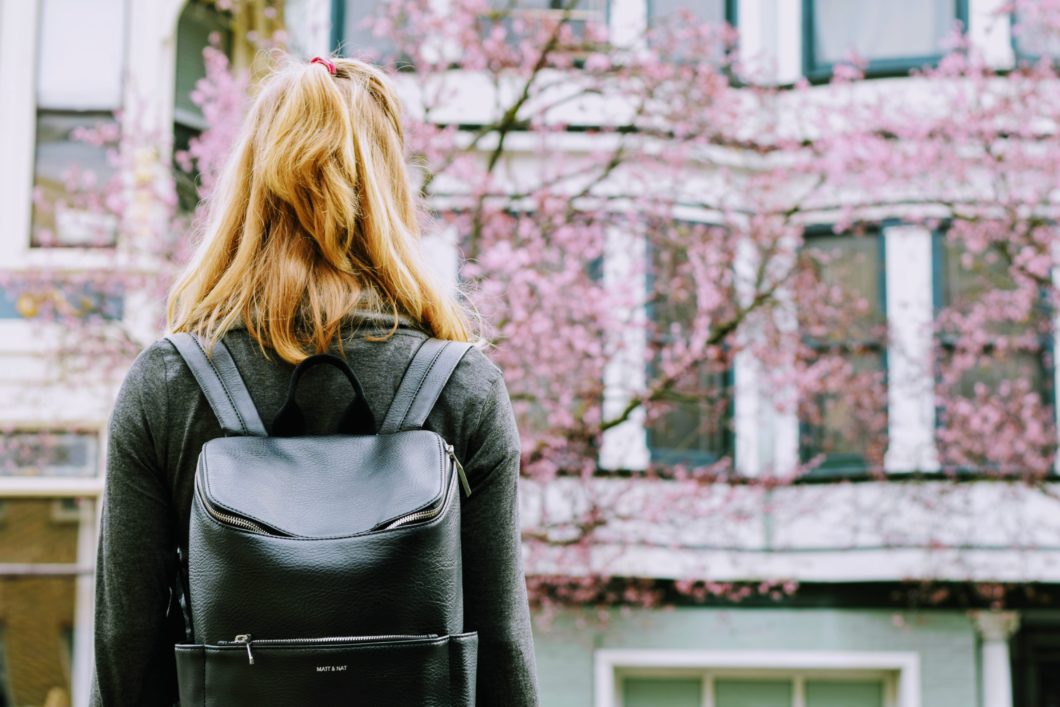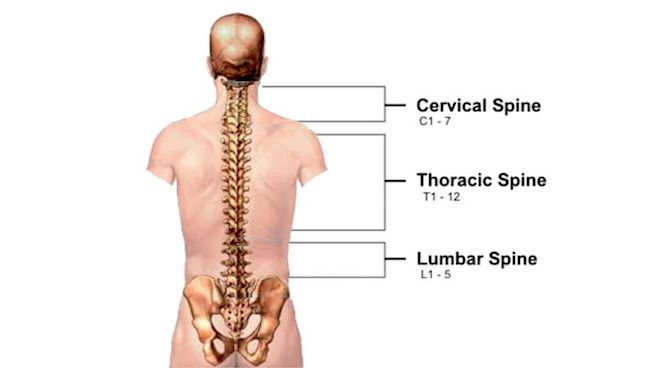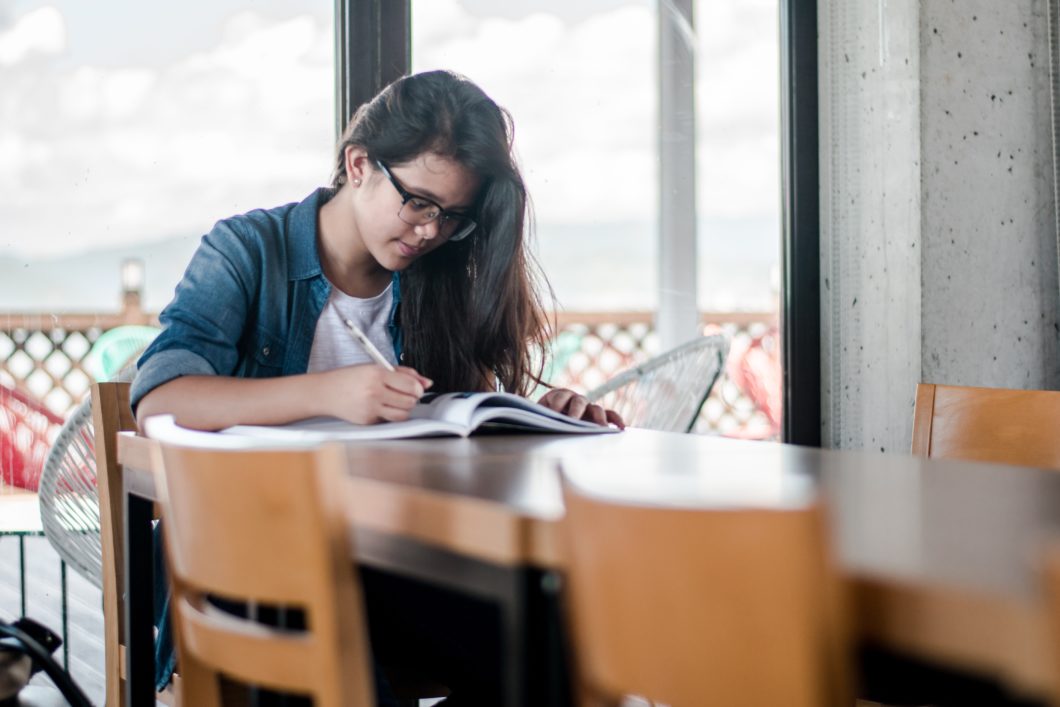Reflecting back on your first month of school; the good, the bad, the ugly. Are you feeling the back to school pains yet?
Whether you are a high school, university/college, or returning student, chances are education will put a lot of strain on you.
There are 3 main culprits:
- The book bag
- The studying
- The stress
The three form a vicious cycle that can impact your body and overall health.
The book bag

Every year it seems students are lugging around more and more baggage. No, not emotional baggage, but literal hefty textbooks, overstuffed folders, lunches… There is an epidemic of over-exerted backs, and not just in students. Adults far and wide stuff their workbags, or purses with “essentials” that leave us tipping over.
When picking out your pack, did you choose a stylish messenger bag? You casually sling it over your shoulder as you exit that class room, feeling totally chic. Do you still feel cool with your achy shoulders and back?
You might not have associated it, but your shoulder bag can cause a great deal of discomfort. A messenger bag doesn’t distribute weight as a backpack would (1). Instead, having the weight of all your books on one shoulder creates an unbalance in the spine.
Textbooks are heavy
The weight distribution is better in a backpack, but students that carry heavy loads begin to develop lower back pain (2). Studies after studies all conclude that heavy loads on our back can affect the spine. The studies show children with heavier backpacks suffer from disc compression (3), lumbar asymmetry, lower back curvature (4), even potential soft tissue damage leading to microstructure damage to the nerves (5). This can usher in further complications down the road. Best case, the feeling is a simple irritation. Worst case, the damage to the nerves ultimately inhibit movement in the hands, and dexterity in the fingers (2).

Furthermore, returning students are not immune. Burdening the back with extra weight can aggravate what ever existing back problems you may already have.
Now what?
You made the switch to a backpack, now make sure you carry only the essentials. In other words, pack only what is needed for that day. The total weight of the filled pack should only be around 10-15% of your body weight (8). After that, organize your bag to better distribute the weight. Rearranging heavier items closer to the body, and at the base of the bag can help.
In addition, strengthening your back muscles around your shoulders and neck can help promote better posture. Therefore making it easier for you to properly carry a heavy bag. Our physiotherapists are experts in body movements and strength training. They can evaluate your physical limits, and create treatment plans that are specific to you. Thereby strengthening your body on your terms.
After you set your bag down, stretch out the kinks to recover and restore your muscles faster. Allowing one of our registered massage therapists treat the kinks and tight muscles will help relax them. In addition, our chiropractor can help by making adjustments to your musculoskeletal structure. Thereby relieving the pain associated with the condition.
The studying

Studying over a textbook, or screen can foster bad posture. Reading our blog on screen-time will shed light how bad posture can affect our health.
The stress
Stress in moderation can be good for our health. It can keep us alert and motivated. This is positive stress: “eustress”. However, too much stress can take a physical tole. This is negative stress: “distress” (6).
As students, you sit for long periods of time. Sitting could lock your hips, causing you undue stress and fear. The Psoas Muscle, or the “Muscle of the Soul”, is a long muscle located in the lumbar region of the spine, and the brim of the pelvis. Furthermore, this is one of the largest muscles in the body, and is a place where we often store stress or trauma. This muscle can literally influence your mood and outlook on life (7). Nevertheless, an osteopath can treat the pelvic floor, thereby helping it relax. Relaxing this muscle on a regular basis can help alleviate daily stress.
Use your resources
Though stress accumulates subconsciously, healing our bodies must happen consciously. There is no one way to alleviate stress. It requires gradual lifestyle changes. Massage therapy is a great option to consider for destress. Having the mind wander and drift during a massage eases you into a relaxing sleep. In addition, acupuncture can utilize multiple pressure points that specifically target stress and anxiety.
An Osteopath will non-invasively analyze your overall body structure, and figure out where the misalignment starts. Thereby working to bring the body back into proper working condition.
A Chiropractor will assess and find joint restrictions, these are joints with decreased range of motion. Chiropractic adjustments, also known as joint manipulation, can help restore and maintain the health of your joints, muscles and nervous system.
A physiotherapist can assess your physical limits and create a custom treatment plan specific for your rehabilitation.
As college or university students, you are paying for physical therapy through your tuition. Not utilizing this resource can hinder your overall school experience. Call today to take advantage of your resources!
